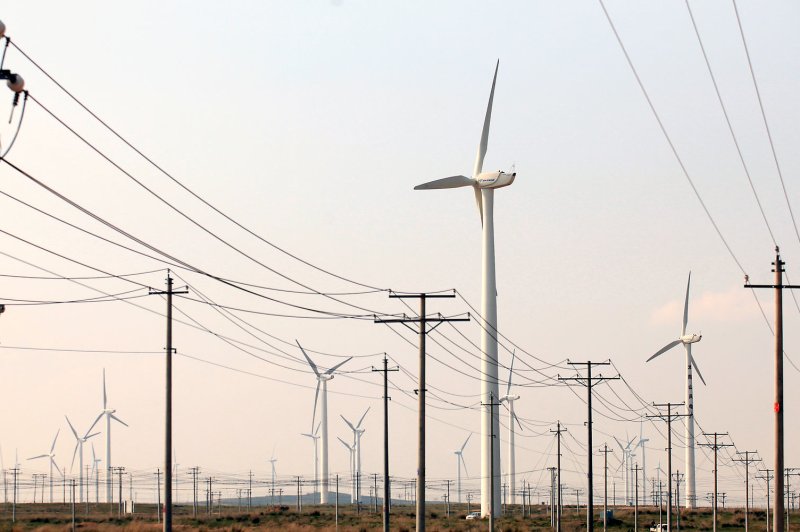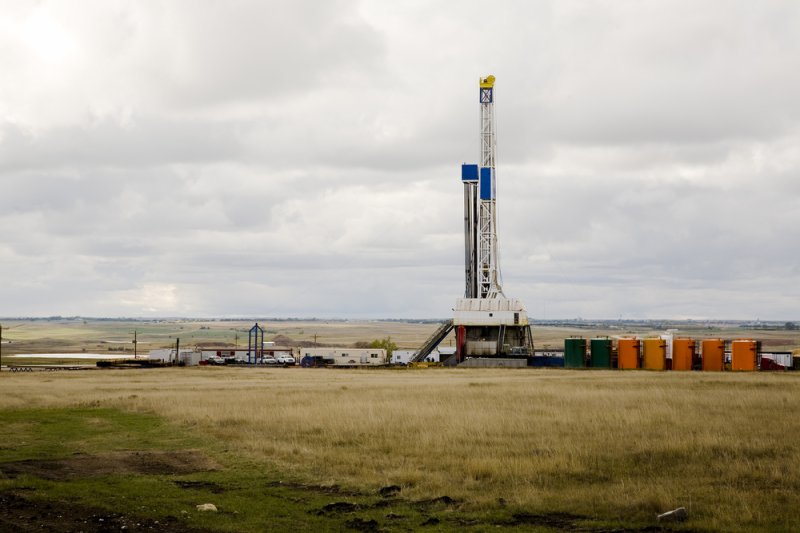BOO...
If the U.S. shows healthy signs of job and wage growth, that could convince the Fed to increase rates at its meeting as soon as April. But Yellen's concerns on the global economy might continue to hold the Fed back from raising rates anytime soon.
CNN Money
Janet Yellen: Global 'risks' could hurt U.S. economy
Janet Yellen feels good about America's economy but sees risks rising overseas.

Yellen, the Federal Reserve chair, spoke optimistically on Tuesday about the U.S. economy, particularly the strong gains in the job market and resilient consumer spending. But when she turned to the global economy, it got gloomy.
"Global developments pose ongoing risks," Yellen said at the Economic Club of New York.
Top of her worry list: China and oil. Yellen said uncertainty over China's economic slowdown and the direction of its currency, the yuan, contributed to the market meltdown at the beginning of the year when the Dow lost about 2,000 points.
Companies are facing an £800 billion pensions black hole which has almost doubled in size in the past decade, a report has warned.
The average credit rating for the companies on the S&P 500 has dropped to the lowest level in 15 years, according to Standard & Poor's Ratings Services. Even lower than levels seen during the Great Recession, which was what prompted the Fed to act in the first place. When the average rating drops below the reliable BBB level, it usually signals that a spike in defaults is on the way.
Unemployment in Latin America's largest economy rose to an almost seven-year high of 8.2 percent in February. The deteriorating job market combined with the highest interest rates among major economies has led banks to tighten credit and consumers to shy away from higher-priced items such as cars and appliances.
Hedge funds establish near-record bullish bet on rising oil prices: Kemp
Hedge funds and other money managers have amassed a near-record number of bullish bets on increasing oil prices, helping push the main international benchmark well above $40 per barrel. By the close of business on March 22, money managers held a net long position equivalent to almost 579 million barrels in the three largest crude oil futures and options contracts ( tmsnrt.rs/1WU26ND ). Hedge funds have more than doubled their net long position from just 242 million barrels at the end of last year, according to an analysis of data published by regulators and exchanges. The net long position has passed the previous peak of 572 million barrels, set in May 2015, and is closing in on the record of 626 million, set in June 2014, when Islamic […]
Hedge funds and other money managers have amassed a near-record number of bullish bets on increasing oil prices, helping push the main international benchmark well above $40 per barrel. By the close of business on March 22, money managers held a net long position equivalent to almost 579 million barrels in the three largest crude oil futures and options contracts ( tmsnrt.rs/1WU26ND ). Hedge funds have more than doubled their net long position from just 242 million barrels at the end of last year, according to an analysis of data published by regulators and exchanges. The net long position has passed the previous peak of 572 million barrels, set in May 2015, and is closing in on the record of 626 million, set in June 2014, when Islamic […]





















